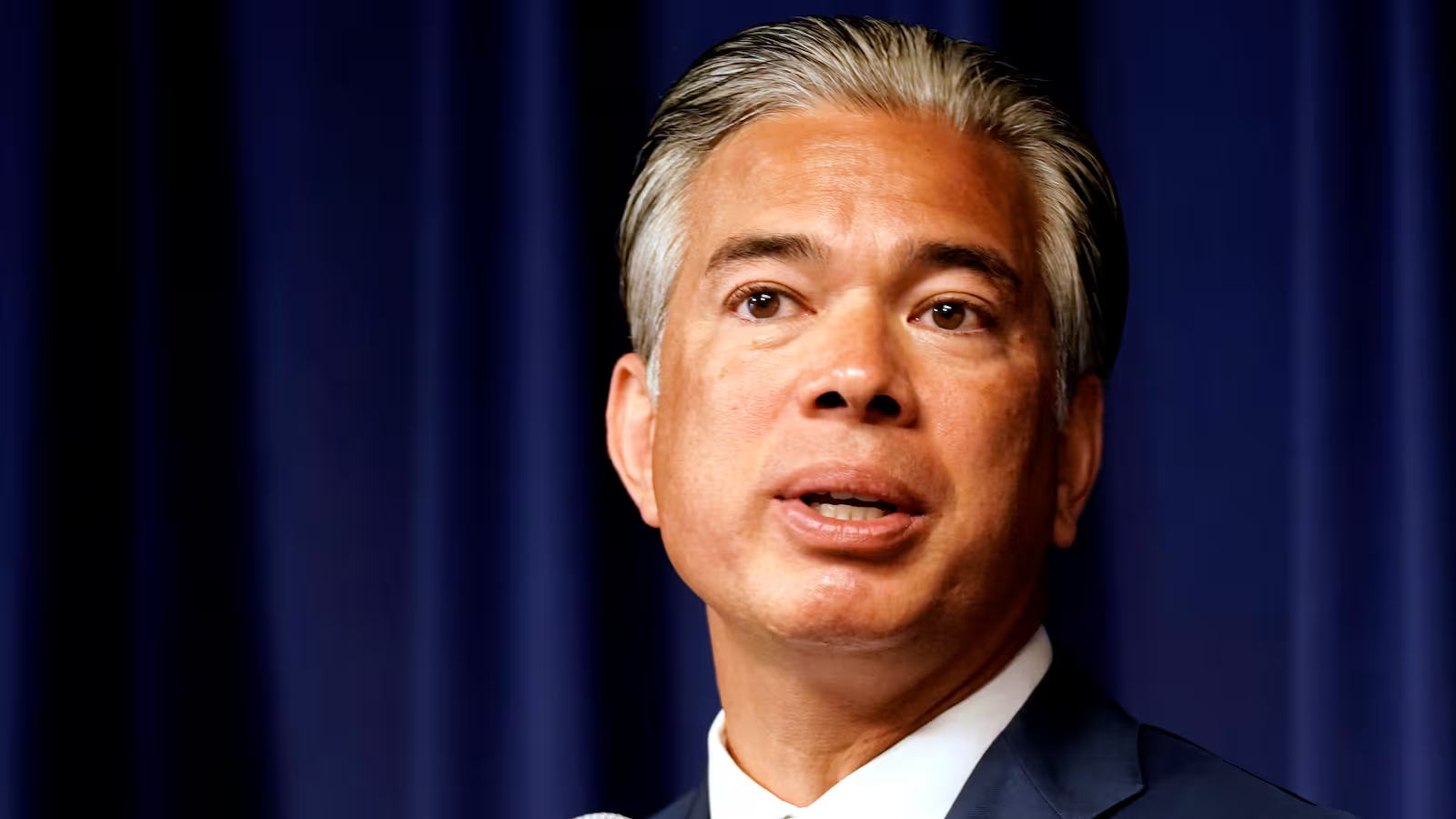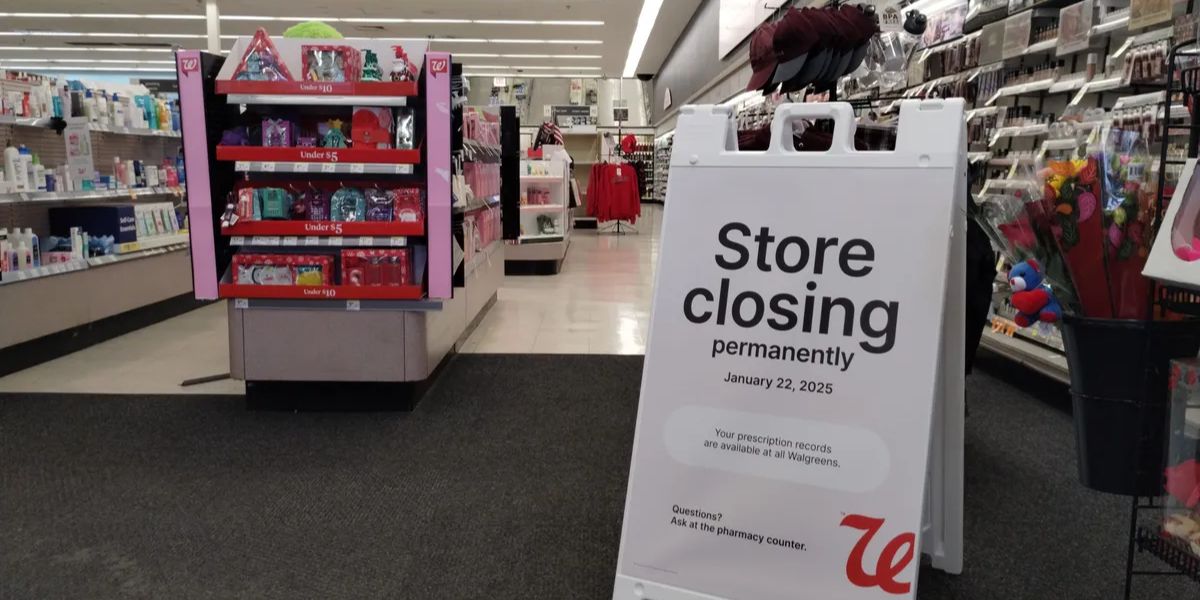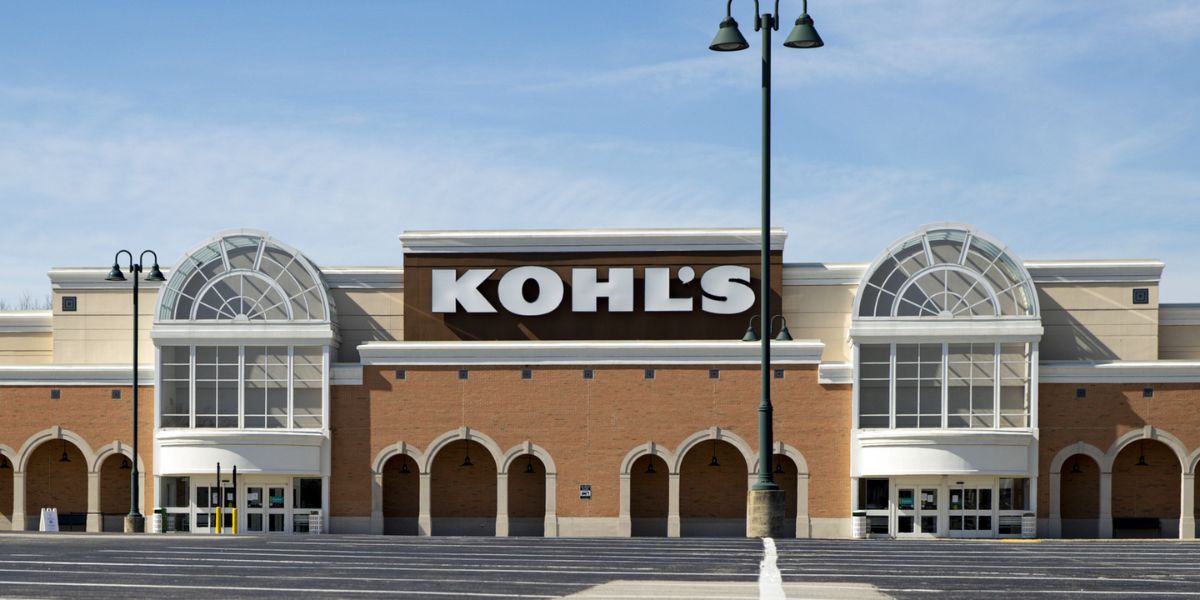In a major legal setback for California’s push to protect children online, a federal appeals court largely upheld a lower-court ruling that blocks significant parts of the state’s child online safety law. The ruling is the latest in a string of legal defeats for state officials attempting to address concerns that digital platforms expose children to harmful content.
The U.S. Court of Appeals for the 9th Circuit in San Francisco ruled that a key provision of California’s law requiring tech companies to evaluate whether their products could harm children likely violates the First Amendment. The court stated that the requirement forces companies to “opine” on potential risks, making it a form of compelled speech. As a result, the court concluded that the law must face strict constitutional scrutiny, which it is unlikely to survive.
This decision supports the legal challenge by NetChoice, a tech industry trade group that includes major players like Amazon, Meta, and Google. During oral arguments, the three-judge panel indicated they were inclined to agree with NetChoice’s view that the law imposes speech regulations disguised as privacy protections.
California passed the law, known as the California Age-Appropriate Design Code Act, in 2022 amid growing concerns that social media companies weren’t doing enough to protect children from harmful content and addictive features. The law also mandated stricter privacy settings for children by default, which was hailed by child safety advocates as a significant step forward in digital safeguards.
However, last year, a federal judge issued a preliminary injunction blocking the law, agreeing with NetChoice’s argument that the law likely fails to meet constitutional standards. In response, California Attorney General Rob Bonta appealed, arguing that the law focuses on protecting children’s data rather than limiting free speech.
While the appeals court upheld the block on the law’s requirement for “impact assessments,” it lifted the injunction against provisions requiring companies to estimate users’ ages and provide high privacy settings by default. The court did not decide whether these provisions could be separated from the blocked portions of the law, leaving that question to lower courts to consider.
The ruling represents a mixed outcome, with NetChoice hailing it as a victory for free expression and online security. Chris Marchese, who leads NetChoice’s litigation efforts, praised the decision as a win for Californian families and free speech. On the other side, advocates of the law expressed frustration, noting that critical protections for children are still delayed by ongoing legal battles. However, they remained hopeful that the ruling leaves room for other parts of the law to be upheld in future proceedings.
NetChoice has been successful in blocking other state-level efforts to regulate children’s online safety, including laws in Mississippi requiring age verification for digital platforms. These victories have slowed down child safety initiatives at the state level, where momentum had been building due to the lack of progress on similar proposals in Congress.
The federal government is also grappling with how to address the issue. Last month, the Senate passed the Kids Online Safety Act, a bill that would require digital platforms to take reasonable steps to mitigate risks to children. However, the bill faces challenges in the House, leaving its future uncertain.
Also Read:
- Governor Pritzker Signs Law to Reduce Pregnancy-Related Risks for Black Women
- Illinois’ New Law for Pension Prepayment: A Move Towards Financial Stability
As the legal battle continues, the ongoing tension between protecting children online and safeguarding free speech rights remains at the forefront of the debate. The outcome of these challenges will shape how states and the federal government approach online safety regulations in the future.




